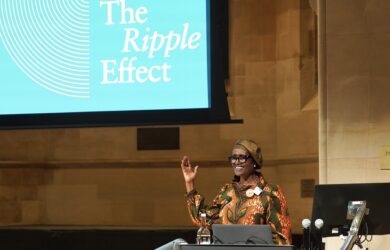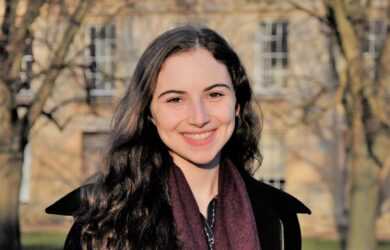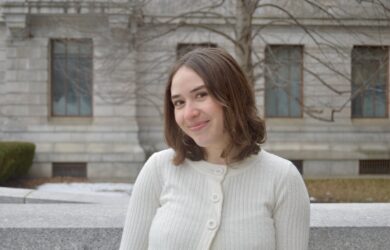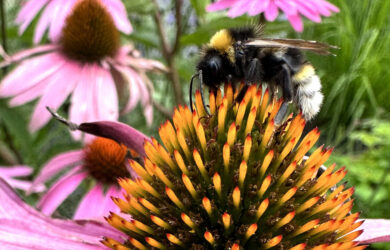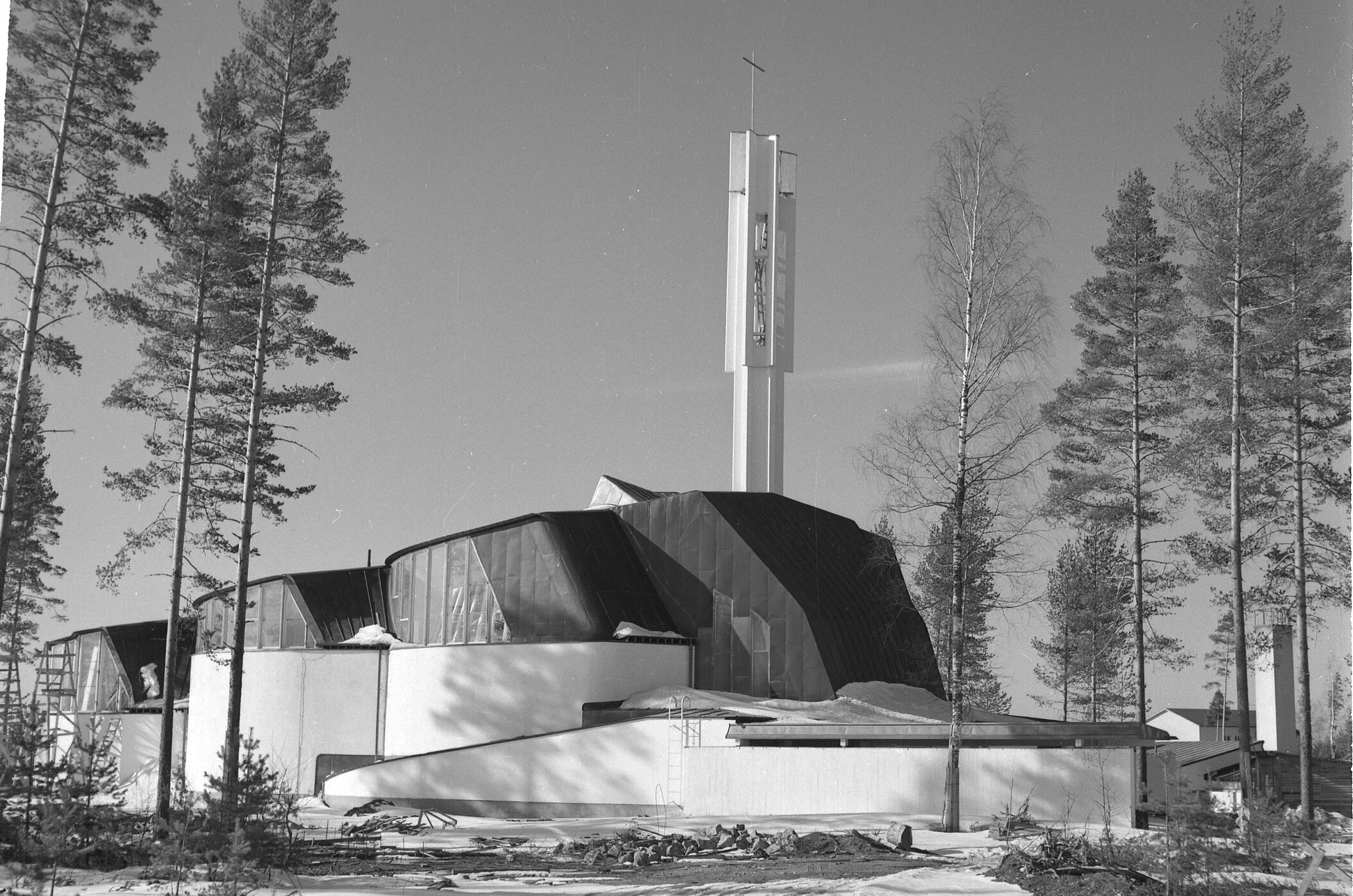
Sofia Singler publishes a book based on her PhD on the religious buildings of Finland's Aalto Studio
My research shows that Aalto’s engagement with the Church was a consciously and productively symbiotic partnership which drew from shared interests and values, yet which also encompassed compromise and conflict.
Sofia Singler
A Gates Cambridge Scholar has published the first critical account of the religious modern architecture created by Finland’s Aalto Studio.
Alvar Aalto is known as the forerunner of mid-century modernism in design. He worked closely with his wives and fellow architects Aino and Elissa.
Sofia Singler’s book, The religious architecture of Alvar, Aino and Elissa Aalto, published by Lund Humphries, challenges received ideas about Studio Alto’s religious designs.
The longstanding collaboration between Aalto and the Church has previously been ascribed to reciprocal expediency, with the buildings perceived as spatially and structurally interesting experiments that hold no particular religious meaning or implications. For instance, the plasticity of the Church of the Three Crosses in Finland [pictured above] – seen as the most famous and architecturally impressive of Aalto’s churches – has been seen as evidence of Aalto’s exploitation of the religious brief purely for the creation of a ‘sculptural irrationality’.
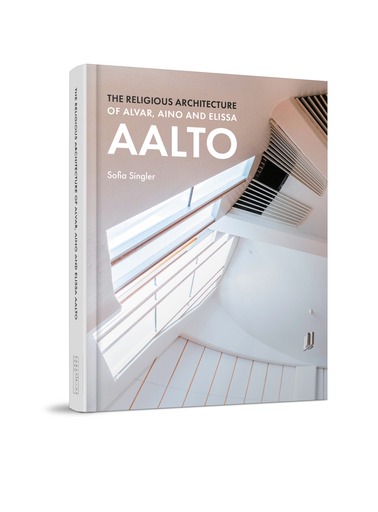 Singler’s book [pictured right] is based on her PhD. Through analysing designs for churches, parish centres, funerary chapels and cemeteries in Finland, Denmark, Germany and Italy, it shows that Aalto’s engagement with religion was about more than just artistic opportunism.
Singler’s book [pictured right] is based on her PhD. Through analysing designs for churches, parish centres, funerary chapels and cemeteries in Finland, Denmark, Germany and Italy, it shows that Aalto’s engagement with religion was about more than just artistic opportunism.
Through a detailed analysis of the religious actors and the factors that shaped the design and construction of Aalto’s sacred works – from local parish building committees to bishops, and from liturgical reform movements to post-war debates on sacred art – the book, which includes research into previously unstudied primary archival materials, shows that religious influences were intrinsic and intimately related to Aalto’s modernism.
Singler [2016], now an assistant professor at the University of Cambridge, says: “My research shows that Aalto’s engagement with the Church was a consciously and productively symbiotic partnership which drew from shared interests and values, yet which also encompassed compromise and conflict. The resultant buildings neither glorify nor deny institutional religion – instead they challenge rigid dogmatism in religion as much as in modern architecture.”








